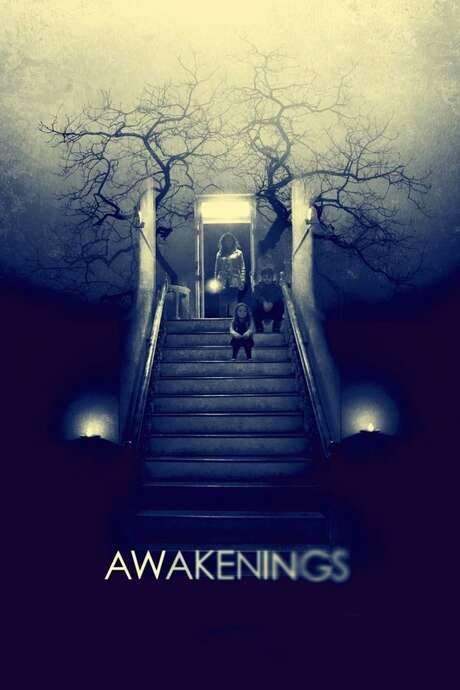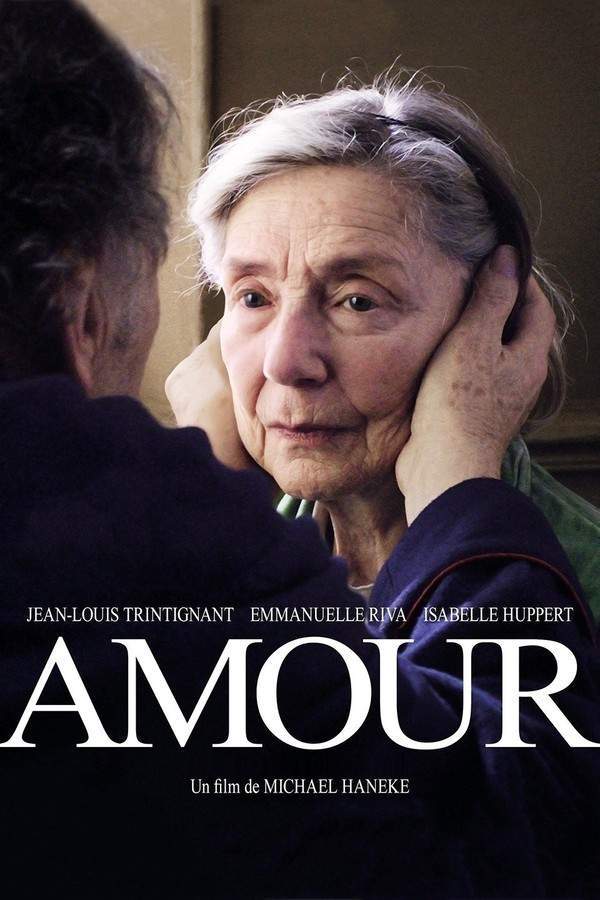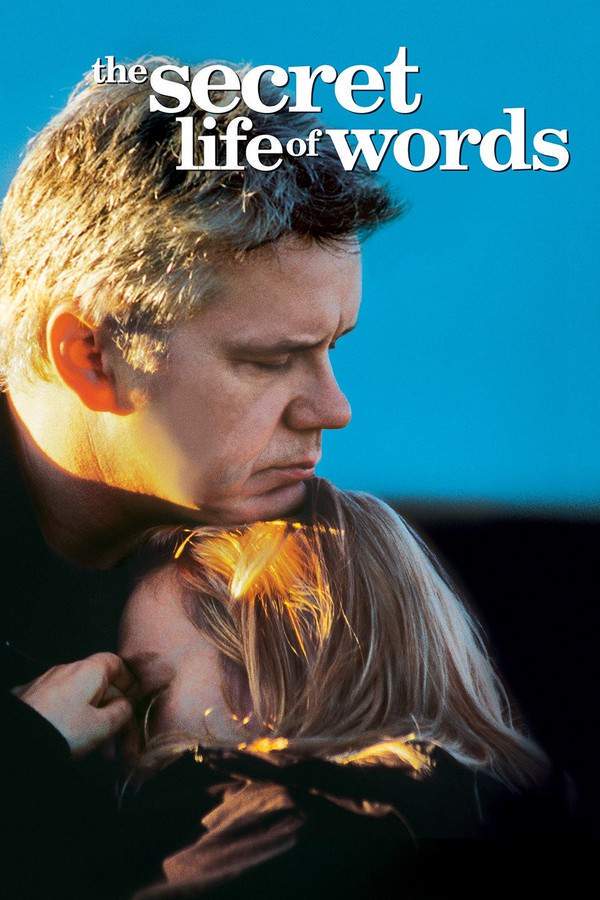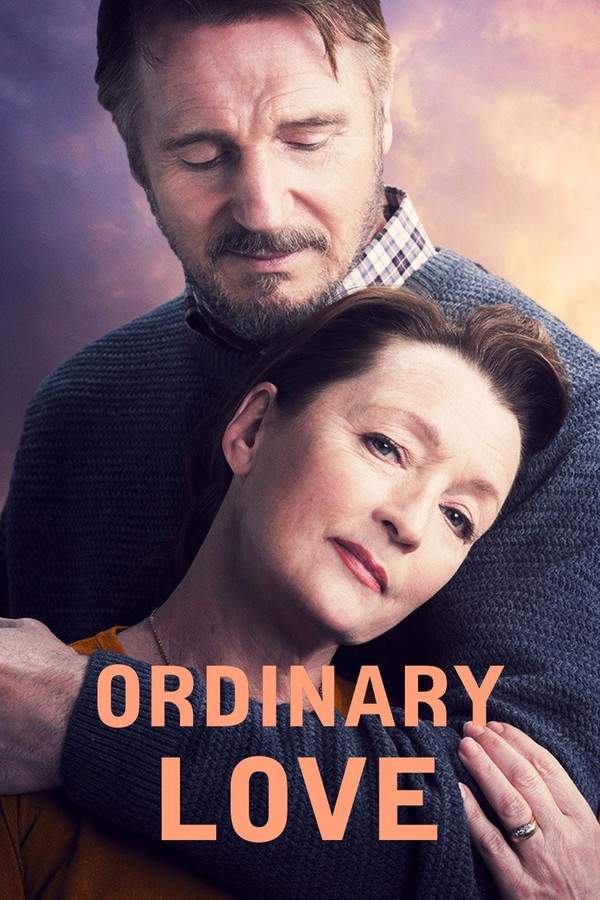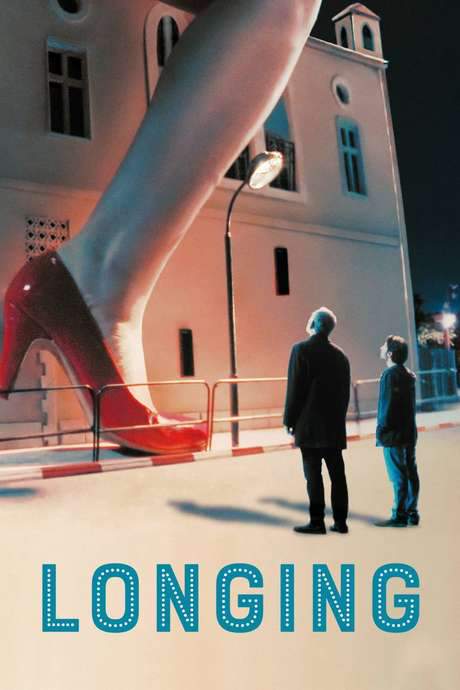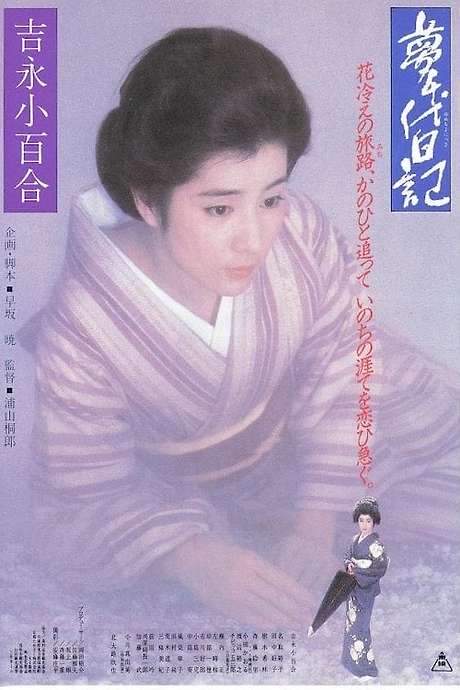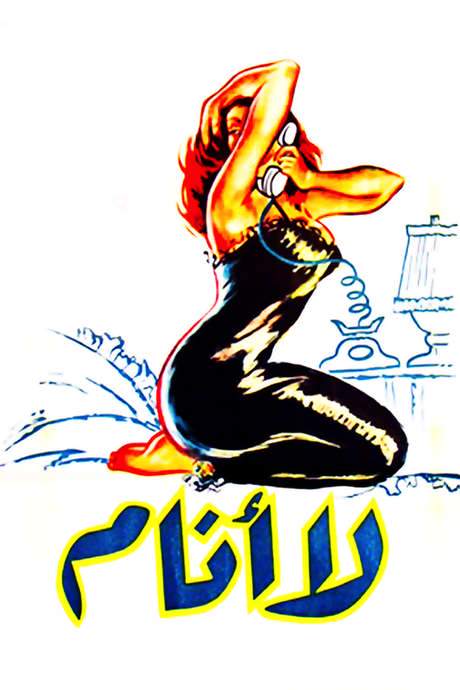
Sleeping Bride
Year: 2000
Runtime: 100 mins
Language: Japanese
Director: Hideo Nakata
Yumi has been in a perpetual sleep since birth. While staying in the same hospital, Yuuichi discovers her and, after a nurse likens her to Sleeping Beauty, becomes convinced that a princely kiss will rouse her. He visits daily, declaring, “Wake up, I’m the prince,” and kisses her. A decade later he resumes his ritual, and finally Yumi awakens.
Warning: spoilers below!
Haven’t seen Sleeping Bride yet? This summary contains major spoilers. Bookmark the page, watch the movie, and come back for the full breakdown. If you're ready, scroll on and relive the story!
Sleeping Bride (2000) – Full Plot Summary & Ending Explained
Read the complete plot breakdown of Sleeping Bride (2000), including all key story events, major twists, and the ending explained in detail. Discover what really happened—and what it all means.
On March 13, 1954, a passenger plane crashes in Japan, taking the lives of all aboard except one: a woman who is nine months pregnant. She dies in a hospital, but her unborn daughter, Yumi, is saved. Yet the child never wakes; she remains in a profound coma. Her wealthy father, represented in the cast by Moro Morooka, withdraws from public life and places Yumi in a private hospital, offering a substantial reward to anyone who can wake her while he searches for a cure, effectively vanishing from sight.
Seven years pass. Yuichi, a boy of about seven who also struggles with asthma, enters the same hospital and learns about Yumi’s condition. Fascinated by the idea of a sleeping girl who might one day wake, he devours stories of fairy-tale awakenings and resolves to become her prince. The moment he meets Yumi, he is driven by a child’s simple logic and hopeful faith, and that impulse leads him to kiss her on the lips, whispering, “Wake up, I’m the prince.” The kiss, delivered with a mixture of innocence and stubborn certainty, is met with no immediate change, and the hospital staff respond with a mix of curiosity and concern. The first kiss is performed in a setting where a nurse Toshie Negishi and others observe, and a clinician, Dr. Hikawa, quickly pushes back against the idea that a child’s action could overturn the powerful, medically unexplainable lull that surrounds Yumi.
The response to Yuichi’s bold gesture is complicated. The hospital’s hierarchy—led by Dr. Hikawa—treats Yuichi’s faith as a charming but deeply inappropriate interference. The boy is expelled from the hospital by the doctor, who is both a guardian of clinical discipline and a man who cannot save Yumi despite decades of training. The scene is not simply about a child’s dream; it exposes a tension between science’s limits and a child’s stubborn conviction that love can ignite life where medicine cannot.
For the next decade, Yuichi withdraws from the hospital’s orbit, but the memory of Yumi stays with him. On February 14, 1972, a news segment about Yumi—now seventeen and still not awake—reawakens his old feelings. He returns to the hospital, confronted by a newly assigned nurse who embodies a different era and a different set of protocols, and yet his determination remains intact. He resumes the ritual of visiting Yumi, though his approach shifts: what once began as a single kiss becomes a sustained, patient companionship that blends affection with a young man’s longing for a meaningful connection. The doctors observe but struggle to understand the emotional current driving Yuichi, and [Dr. Hikawa] continues to watch with a growing sense that something fundamental about Yumi’s awakening has not yet been fully explored.
As time unfolds, an ordinary school day marks a turning point. After an accidental kiss that Yuichi shares with a classmate’s girl, he rushes back to Yumi in a rainstorm, abandoning the formalities of the hospital for a more intimate scene in which he and Yumi stroll the hospital grounds with the orderlies following at a respectful distance. This excursion marks the moment when Yumi begins to emerge from the chrysalis of her condition; she moves beyond the infant’s mental state to speak and read, and her artistic talent blossoms into astonishing, photo-realistic portraits—most notably one of her own father, a work of precision that echoes the precision of the hospital’s instruments.
The media’s attention surges, and Yumi’s awakening becomes a public event. Yuichi, his nurse-exile memories lingering, and Yumi’s father observe the rapid shift from private miracle to public spectacle. Yuichi, sensing the ethical implications of exposing a person who has just regained consciousness, acts decisively: he abducts Yumi once more, determined to shield her from the intrusion of cameras and sensational headlines. With her mind now developing as a young person’s, Yumi can hold conversations, articulate her thoughts, and display a growing awareness of her origins.
The duo’s bond deepens as they navigate the hospital’s halls and open spaces. They speak as equals for the first time, and Yumi asks philosophical questions about life and death. She discerns that she has only a few days to stay awake, a constraint she seems to absorb from the world around her, even if the reality of that limit is not spelled out. She admits an intense curiosity about a strange emotion she associates with someone she cares for deeply, and Yuichi explains that what she’s feeling is love. Hearing this, Yumi identifies the object of that warmth as the person she loves, a realization that unsettles Yuichi and unsettles the delicate ethical balance of their situation. He tries to reassure her that love may not be bound by a five-day limit, but Yumi is not certain—she trusts the warmth she feels because of the kiss that brought her back to life, and her confusion grows as she confronts the possibility that someone told her she could only stay awake for five days.
Yuichi advocates for Yumi’s happiness, urging [Dr. Hikawa] to marry her, arguing that there is genuine love between them. Hikawa does not share the certainty of the five-day rule, nor does he fully believe in Yumi’s romance, and their debate is heard by Yumi herself through a doorway. Distressed, she questions the nature of love and the source of the warmth she felt—that warmth, she later learns, did not come from Hikawa but from the kiss that Yuichi had given her. The revelation shatters the fragile trust around the idea of love, and Yumi’s mood darkens into depression. In a moment of despair, she attempts to leap from a cliff, only to be rescued by Yuichi, who remains deeply committed to her well-being.
In the ensuing days, the hospital’s past and present collide. The old nurse reappears and, upon hearing Yuichi’s account of Yumi’s emotions, reveals a troubling truth about Hikawa’s conduct: rumors of inappropriate behavior at night and a sense of abandonment that had driven Yumi to seek solace elsewhere. Yuichi confronts Hikawa in fury, and the doctor’s response—conflicted and exhausted—offers a stark confession about the fragility of human care in the face of frailty and the failure of adult guardians to fix what is broken. Yuichi’s anger gives way to a painful honesty, and Hikawa explains that Yumi had been left to endure a void shaped by her parents’ absence and, in a sense, God’s silence.
Back with Yumi, the girl she has become embodies a dual awakening: she recognizes that her warmth and love originated not from a single person but from a shared, mutual connection. She overhears the conversation between Yuichi and Hikawa, and in a quiet but decisive moment, she realizes that Yuichi has always been the one she loves. The two declare their bond anew, and in a sequence that feels both intimate and cinematic, they kiss—this time not the ritual of a prince and a sleeping princess, but the intimate gesture of two people who have chosen each other. They decide to marry, and Yuichi’s mother becomes aware of their plan, though her own emotions remain muted, content to witness her son’s pursuit of happiness.
The fifth day arrives with emotional intensity and a sense of both triumph and tragedy. Yuichi and Yumi marry in a ceremony that is filled with quiet joy and the weight of decades spent apart from ordinary life. Hikawa, now a figure of counsel rather than of medical gatekeeping, speaks of the five-day limit as a possibility, not a certainty, and he asks Yuichi what to do in light of such a reality. If there is one answer, Yuichi seeks it in faith, but Hikawa cautions that belief is fragile and that prayer is sometimes the only recourse when science cannot illuminate the heart.
That night, as the newlyweds depart on a train for their honeymoon, Yumi speaks with a tenderness that reveals both freedom and sorrow. She declares that she will be with Yuichi forever, that she remembers every moment they shared, and that she has learned to love him in a lasting, meaningful way. She asks whether Yuichi believes in God, and he answers with a stark honesty: if God is the one who permits her five-day life, then he cannot claim belief in such a deity. Yumi responds with a gentleness that hints at acceptance—the world, she says, is very big. She thanks God, not for waking her, but for the chance to know Yuichi, and then she drifts to sleep again. The couple’s farewell kiss is a quiet, aching moment, culminating in a final, decisive statement of affection: a whispered, “I am happy,” before Yumi falls asleep once more, this time forever.
Twenty-seven years later, on August 7, 1999, an aged Yuichi, now a scientist, returns home to his wife. He finds that Yumi remains physically unchanged in spirit, still sleeping with her eyes closed and her mind at rest, though the world has progressed around her. He looks at a video recording of Yumi addressing the press from their earlier years and offers a somber reflection: after her death, an autopsy revealed that her brain was remarkably transparent, a symbol of the unique state she had inhabited—awake for only five days, yet perhaps more alive in some essential sense than most people ever are. He believes that Yumi, though she slept for decades, was happier than anyone else because she experienced a connection that many never do—the depth of a shared love that was chosen and sustained against all odds.
In the end, the film returns to the memory of Yumi and Yuichi’s youth as they fled the press, a moment of joy and possibility. Yumi’s final words echo through time: “Yuichi!” and his reply—“The world is very big, Yumi”—binds their story in a circle of hope and farewell. The story closes with Yuichi’s reflection on happiness, love, and the extraordinary fate of a girl who woke, loved, and finally found rest in the vastness of life.
Wake up, I’m the prince.
Last Updated: October 09, 2025 at 16:38
Explore Movie Threads
Discover curated groups of movies connected by mood, themes, and story style. Browse collections built around emotion, atmosphere, and narrative focus to easily find films that match what you feel like watching right now.
Movies about tender miracles and tragic realities like Sleeping Bride
Stories where a miraculous event is shadowed by a profound and inevitable loss.Discover movies like Sleeping Bride that explore the bittersweet nature of miracles. These films feature profound awakenings or recoveries that are deeply moving but ultimately shadowed by loss, perfect for viewers seeking emotionally heavy, romantic dramas with a bittersweet tone.
Narrative Summary
Narratives in this thread often follow a linear path where hope and faith lead to a climactic, positive breakthrough for a character. However, this victory is not the end; the story continues to explore the fragility of that happiness, often concluding with a sense of poignant loss that gives the initial miracle its full emotional weight.
Why These Movies?
Movies are grouped here for their shared exploration of the bittersweet interplay between miraculous hope and harsh reality. They deliver a powerful emotional experience defined by a heavy emotional weight, a slow, contemplative pace, and an ending that acknowledges both beauty and tragedy.
Movies about quiet devotion and unconditional love like Sleeping Bride
Films about patient, ritualistic love that persists over years without guarantee.If you liked the patient love in Sleeping Bride, explore these movies about characters showing unwavering devotion against impossible odds. These similar dramas focus on tender, long-term commitments, slow pacing, and the powerful emotional impact of unconditional love.
Narrative Summary
The narrative pattern revolves around a protagonist who commits to a loved one in a vulnerable state, such as an illness or coma. The plot unfolds slowly, emphasizing the passage of time and the protagonist's faithful routine. The central conflict is often internal—a test of patience and faith—rather than external action.
Why These Movies?
These films are connected by their core theme of steadfast, unconditional love demonstrated through patience and ritual. They share a slow, deliberate pacing that allows the depth of the commitment to sink in, a tender yet melancholic mood, and a straightforward narrative that focuses on emotional resonance over complex plotting.
Unlock the Full Story of Sleeping Bride
Don't stop at just watching — explore Sleeping Bride in full detail. From the complete plot summary and scene-by-scene timeline to character breakdowns, thematic analysis, and a deep dive into the ending — every page helps you truly understand what Sleeping Bride is all about. Plus, discover what's next after the movie.
Sleeping Bride Timeline
Track the full timeline of Sleeping Bride with every major event arranged chronologically. Perfect for decoding non-linear storytelling, flashbacks, or parallel narratives with a clear scene-by-scene breakdown.

Characters, Settings & Themes in Sleeping Bride
Discover the characters, locations, and core themes that shape Sleeping Bride. Get insights into symbolic elements, setting significance, and deeper narrative meaning — ideal for thematic analysis and movie breakdowns.

Sleeping Bride Spoiler-Free Summary
Get a quick, spoiler-free overview of Sleeping Bride that covers the main plot points and key details without revealing any major twists or spoilers. Perfect for those who want to know what to expect before diving in.

More About Sleeping Bride
Visit What's After the Movie to explore more about Sleeping Bride: box office results, cast and crew info, production details, post-credit scenes, and external links — all in one place for movie fans and researchers.

Similar Movies to Sleeping Bride
Discover movies like Sleeping Bride that share similar genres, themes, and storytelling elements. Whether you’re drawn to the atmosphere, character arcs, or plot structure, these curated recommendations will help you explore more films you’ll love.
Explore More About Movie Sleeping Bride
Sleeping Bride (2000) Scene-by-Scene Movie Timeline
Sleeping Bride (2000) Movie Characters, Themes & Settings
Sleeping Bride (2000) Spoiler-Free Summary & Key Flow
Movies Like Sleeping Bride – Similar Titles You’ll Enjoy
Before you wake up (2017) Spoiler-Packed Plot Recap
Butterfly Sleep (2017) Plot Summary & Ending Explained
Moonless Dawn (2019) Plot Summary & Ending Explained
The Sleeping Dictionary (2003) Story Summary & Characters
Daydream of Love (1980) Ending Explained & Film Insights
Yume-Chiyo (1985) Full Movie Breakdown
We Made a Beautiful Bouquet (2021) Full Movie Breakdown
The Sleeping Woman (2024) Ending Explained & Film Insights
Sleeping Beauties (1999) Ending Explained & Film Insights
The Bride Talks in Her Sleep (1933) Movie Recap & Themes
Sleeping Beauty (2008) Detailed Story Recap
Sleepless (1957) Movie Recap & Themes
Sleep Call (2023) Story Summary & Characters
A Light Sleep (2008) Full Movie Breakdown
Picture Bride (1994) Spoiler-Packed Plot Recap



